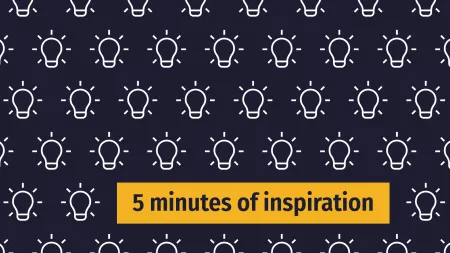My favorite CARE quote so far comes from the Social and Economic Transformation for the Ultra Poor (SETU) project in Bangladesh:
"We have proved that we can make merely impossible things possible together. We know what poverty is, but we have forgotten to be defeated by poverty."Marjina Begum, Baghmara community
Marjina knows what poverty really means. The communities that SETU works with are sometimes so poor that savings groups started saving one handful of rice a week. By the end of the project, families’ incomes had gone up 8 times, and the return on investment is $5.80 for every $1 that CARE invested.
The SETU report was full of quotes that humbled me to work for CARE. SETU was funded by DFID and the Swiss Development Cooperation from 2009-2015, and has managed to transform the lives of people who worked with it.
What did we accomplish?
- Improved Graduation rate by 9400%: 95% of families in SETU were able to graduate out of the ultra-poor category, relative to 1% at baseline.
- Provided a 5.8 return on investment: The SETU project as a whole had a 5.8 return on investment, and cash transfers alone had a $1.95 to $15.00 return of every $1 that families got.
- Got more, better food: 85% of families were able to eat more meals a day at endline than at baseline. ALL families in the program went from eating fewer than 3 meals a day to at least 3 meals. They increased spending on food by 374%, and improved their protein intake by 49 times.
- Increased income: On average, families increased their income by 8 times over the life of the project.
- Built resilience: 73% of families were able to accrue savings that help them face emergencies, and the quadrupled their household assets. Even in times of stress, 58% of families were able to eat 3 meals a day.
- Accessed services: Families increased their spending on health care and education by 6.7 times.
- Empowered women: Women are more able to make decisions and participate in markets. It’s not just actions that have changed, but also attitudes. Families are now taking action to stop Gender Based Violence in their communities, and there is much more solidarity between women to stand up for each other against violence and inequality.
How did we get there?
- Put communities in charge: SETU’s motto was “everything in consultation,” and they made sure communities were involved every step of the way. The especially linked communities to governments to make sure that communities stay in charge, even when SETU closes.
- Give women space: SETU used the EKATA model to bring women together to solve problems. They open their meetings by asking for the “strength to work with courage” and “support each other’s problems.”
- Learn from the past: SETU was built on the framework of Nijera—a pilot project in the same area, and focused more on leadership and connections to governments than the pilot to get stronger results.
- Build assets: The Ultra Poor can rarely take advantage of income opportunities because they have no capital to start. SETU gave out cash transfers, and provided stepped opportunities for a whole range of abilities to invest. 97% of the cash transfers went into productive assets and businesses.
- Start savings groups: CARE worked with groups to show that the poor could save. One group had so little that they started by saving a handful of rice every week—that was what they could spare. Now people save an average of $4.5 every week.
- Provide diverse opportunities: CARE provided an array of options for women to earn incomes, from negotiating better wages as agricultural laborers to selling baskets to working in a rug factory that the village helped build.
Want to learn more?
Check out the final evaluation. Or watch these amazing videos of change, about Abbas who used baskets to change is life, or the EKATA circles. There are more videos on the CARE Bangladesh page.
